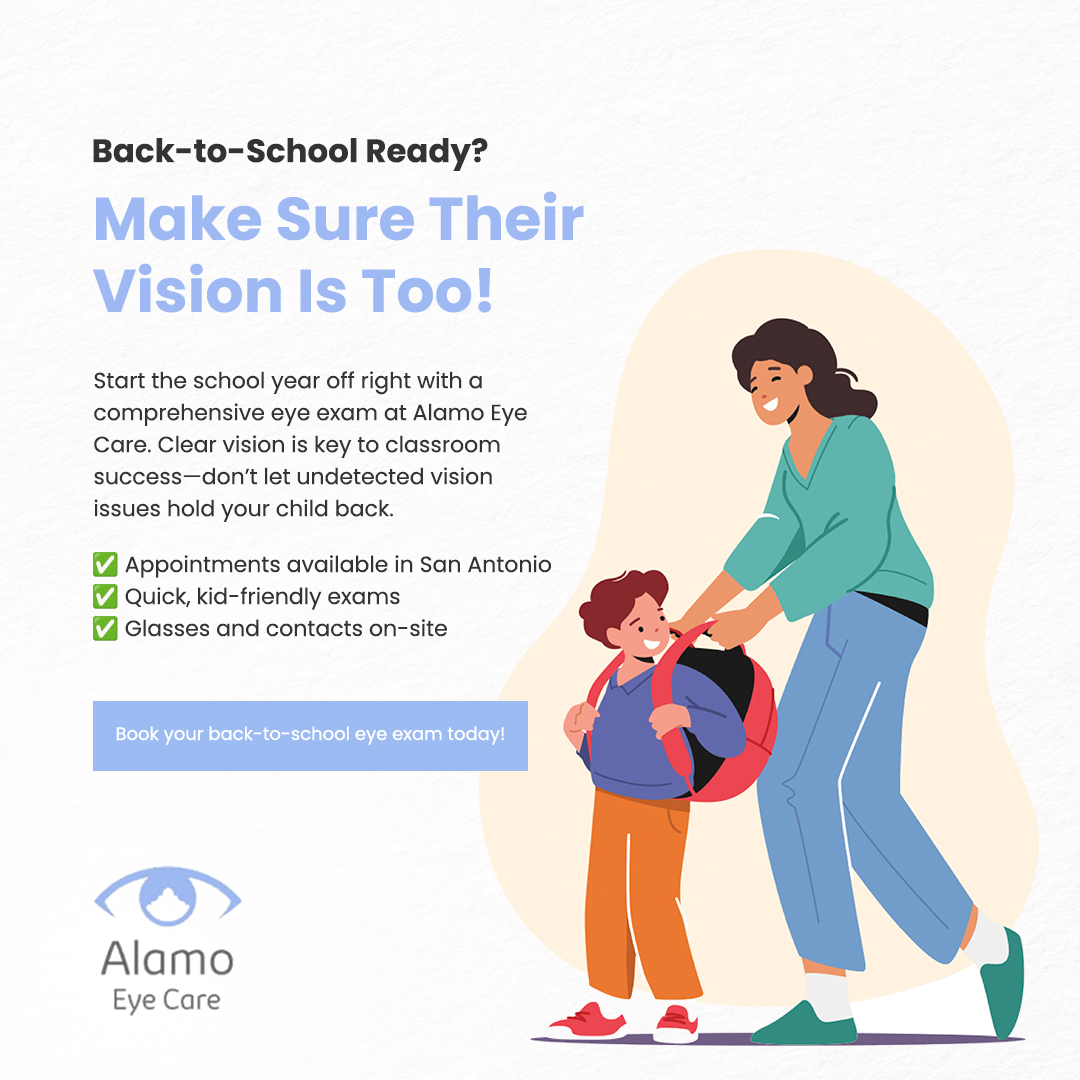
The National Institute on Aging urges individuals to have regular eye examinations. The aging process changes your vision and thus should change the type of eye care that you receive. Knowing how eye care changes with aging can motivate you to set regular check-up appointments with your optometrist. Read on to learn more!
Aging Vision
With age, you may notice your vision becoming less sharp. You may fail to see things up close, or take longer to adjust to low light levels. Additionally, differentiating between colors could become more difficult than it was in your youth. Good eye care can correct vision issues related to aging. Contact lenses, better lighting, and eyeglasses may help address some of these symptoms as well, to help you maintain your independence and lifestyle.
Some changes in vision are more serious than others. Aging increases your risk for eye conditions. Your eye doctor can help detect the early signs of these age-related diseases. Early detection may result in early treatment.
Care for Aging Vision
Caring for your eyes is important no matter how old you get. Staying consistent about eye care throughout your life may let you preserve your vision for a longer time. Here are some ways to care for your aging vision:
Maintain your ideal weight: Excess weight can be harder on your blood sugar, blood pressure, and heart. The strain in blood circulation results in poor eye health. Studies show that obese and overweight people have a higher risk of developing cataracts and glaucoma than people who are thinner
Choose a healthier diet: Good nutrition can improve your eye health. More fruits, nuts, and vegetables are necessary for healthier eyes. Drinking more water is important as well. Limiting your sugar intake is also crucial
Wear UV-protective shades: Prolonged exposure to UV light can change the cell metabolism in the lens and retina. Research shows that unprotected exposure to UV light can increase your risk of age-related macular degeneration. These sunglasses can bring down cell metabolism in the eyes
Quit tobacco consumption: Studies show that smokers have a higher risk for age-related macular degeneration than people who do not smoke. Even if you quit for 20 years, your risk will still be high
See your eye doctor for regular eye exams: This is part of preventive eye care. Regular eye exams can detect the slightest sign of eye issues. Adults at least 40 years old should have yearly eye exams. This can lead to the early diagnosis and treatment of age-related eye diseases
Perform physical activities that you enjoy: Studies reveal that exercising indoors or outdoors can improve your blood circulation. This can help the body heal faster and stay healthier. Proper eye tissue oxygenation happens when healthy blood reaches the eyes all the time
Get enough quality sleep: This allows the body to regenerate and recover from a stressful day. Your eyes need all the rest they can get. Adults must have seven to eight hours of sleep. This is necessary to maintain good general health. It is important in preventing eyestrain during waking hours
Eye care must be more detailed and frequent as you age. At Alamao Eye Care, we help our patients reach their eye health goals. You can visit our clinic in San Antonio or Austin, Texas for an in-person consultation. Please call (210) 403-9050 to set an appointment or ask about our aging vision care packages.








